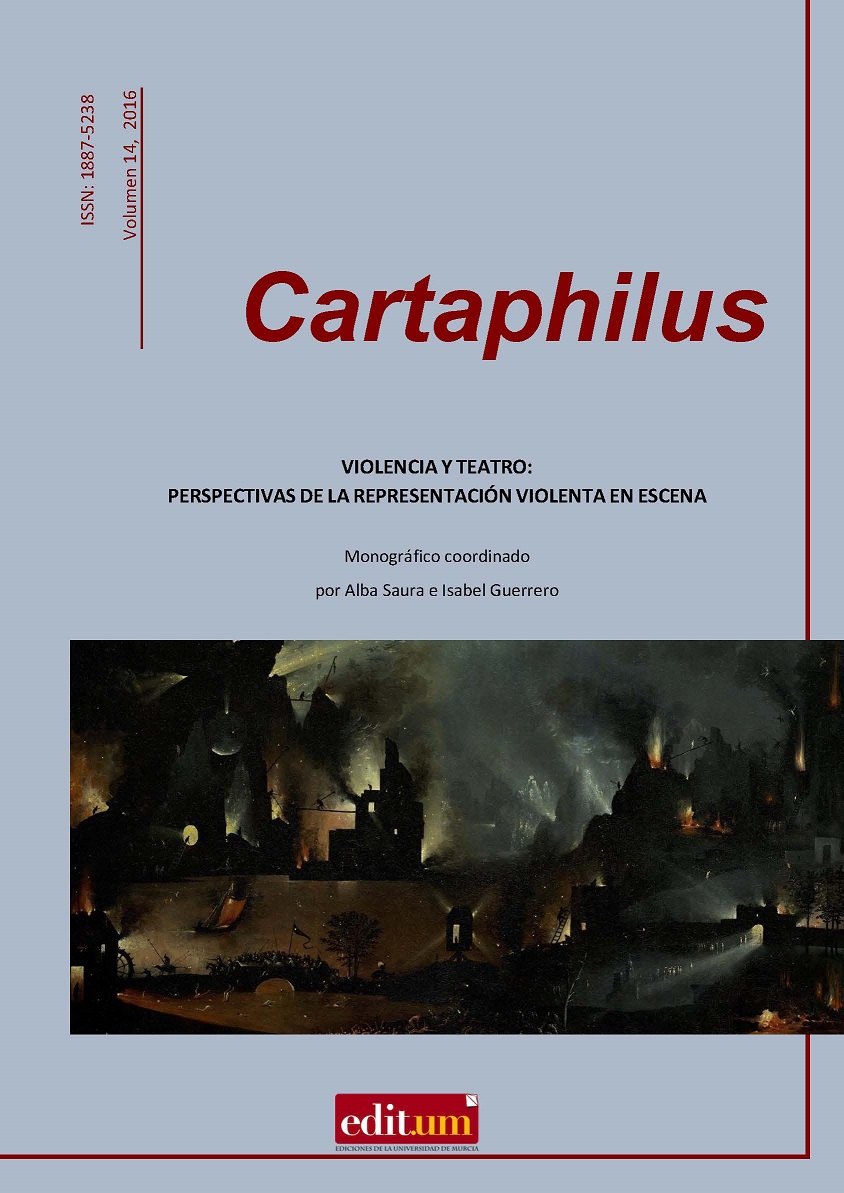Haber y tener: el origen de dos auxiliares del español contemporáneo
Abstract
En el presente trabajo queremos dejar constancia del avance en el proceso de sustitución de haber por tener en la perífrasis modal haber de + infinitivo por tener que + infinitivo. Constituye una hipótesis de esta investigación establecer un paralelismo entre la sustitución de haber por tener que en el siglo XV se produjo en el núcleo predicativo y la sustitución de haber por tener en el auxiliar de la perífrasis verbal que está prroduciéndose en la segunda mitad del siglo XX. En la actualidad, puede observarse que cada vez se usa con mayor frecuencia tener que. Sin embargo, este cambio lingüístico tan sólo aparece consumado en la lengua actual del coloquio: en la lengua conversacional, espontánea y no formal aparece casi exclusivamente tener que.Downloads
-
Abstract559
-
PDF (Español (España))488
Works published in this journal are subject to the following terms:
1. The Servicio de Publicaciones of the University of Murcia (the publisher) reserves the copyright of the published works and encourages and allows their reuse under the usage licence indicated in point
© Servicio de Publicaciones, Universidad de Murcia, 2015
2. Works are published in the electronic edition of the journal under a Creative Commons Reconocimiento-NoComercial-SinObraDerivada 4.0 International licence (legal text). They may be copied, used, disseminated, transmitted and publicly displayed, on condition that: i) the author and original source of the publication are cited (journal, publisher and URL of the work); ii) the material is not used for commercial purposes; iii) the existence and specifications of this licence for use are mentioned.

3. Self-archiving conditions We allow and encourage authors to electronically disseminate the preprint versions (the pre-review version) and/or post print (the version that has been reviewed and accepted for publication) of their works before they are published as this encourages earlier circulation and dissemination and so a potential increase in their citation and impact in the academic community.




